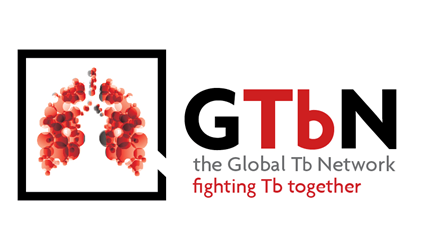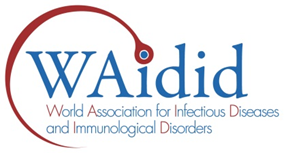



Although several Tuberculosis (TB) networks exist, we realize the need for a mechanism linking together clinicians, public health experts, patients, civil society, scientific societies, major organizations, WHO, UNION as well as donors and pharma.
Goal
To actively pursue TB Elimination with a global effort building on existing collaborations in the area of research, advocacy and training
Objectives
To foster and conduct research on key unmet therapeutic and diagnostic needs in the field of TB elimination leveraging on multi-disciplinary, multi-sectorial approaches and supportive interventions (i.e. training, and advocacy activities) within the framework of the WHO End TB Strategy.
Core focus on: Latent TB Infection, M/XDR-TB, rapid TB diagnosis and other neglected areas (paediatric TB, extrapulmonary TB, rehabilitation of TB sequelae, infection control, among others)
GTN represents the structured evolution of pre-existing global TB networks including the International Linezolid, Carbapenems and Bedaquiline study groups and of the International Severe Cases and Rehabilitation Study Group, which produced over 40 articles in the last 5 years in Impact Factor peer-reviewed journals as well as several TB series in different journals.
The new global network aims at collaborating with existing organizations, associations, institutions and partners committed to fight against TB complementing and boosting (and not duplicating) the existing initiatives.
Functioning
All GTN members need to be members of WAidid.
GTN will be organised into 4 pillars:
Pillar 1 includes the technical Committees covering the main areas relevant to TB management (TB prevention/LTBI; TB diagnosis; TB treatment; TB pharmacology; Paediatric TB; Migrants/vulnerable populations; Infection control; Impact evaluation, Strategies & global health; Clinical support to patients (TB Consilium); Clinical Trials; TB and Surgery; Basic science; Epidemiology, Statistics and Methodology).
Pillar 2 includes a few representatives from each association/organisation active in TB control interested to participate.
Pillar 3 includes private sector and pharma
Pillar 4 includes individual memberships
The Global TB Consilium is a global initiative offered by the Global TB Network (GTN).
The newly established GTN, operating within WAidid (a recognized Infectious Diseases society offering free membership for GTN members), aims to foster and conduct research on key unmet therapeutic and diagnostic needs in the field of TB elimination leveraging on multi-disciplinary, multi-sectorial approaches and supportive interventions (i.e. training, and advocacy activities) within the framework of the WHO End TB Strategy without duplicating existing efforts.
The Global TB Consilium is a free cost e-clinical consultation initiative, which globally provides clinicians with detailed and coordinated expert opinion on challenging cases of MDR-TB, XDR-TB, performed by two qualified experts within a maximum of 48 hours of submitting the case.
The Global TB Consilium operates globally in English, Russian, Spanish and Portuguese. Other languages will be included based on needs.
Presently working via email, it will soon operate on a secure ad hoc electronic platform website.
The aims of the Global TB Consilium are to:
Three additional services are provided by the TB Consilium related to:
To ask a advice from the Global TB Consilium please email to: tbconsilium@gmail.com
HOW THE GLOBAL TB CONSILIUM WORKS:
Any clinician who needs clinical support can:
We would very much appreciate your support in spreading awareness about this useful tool among your network of colleagues and organizations involved in TB and TB/HIV clinical management and control.
1. Basic Immunology
Chair: Katie Flanagan, Australia
2. Virology
Chair: Hubert Niesters, The Netherlands
3. Respiratory Infections
Chair: Juan Pablo Torres, Chile
4. Maternal Immunization
Chair: Elke Leuridan, Belgium
5. Pediatric emergency
Chair: Simon Nadel, UK